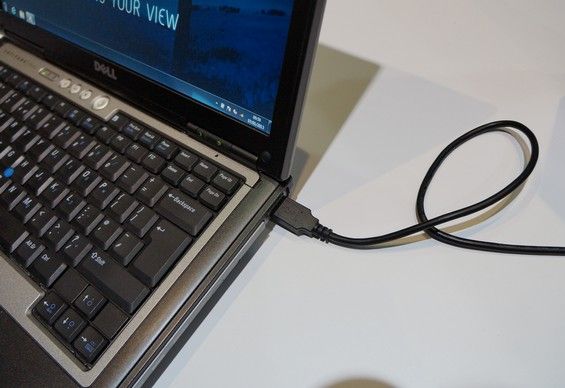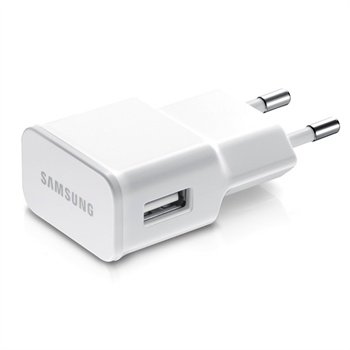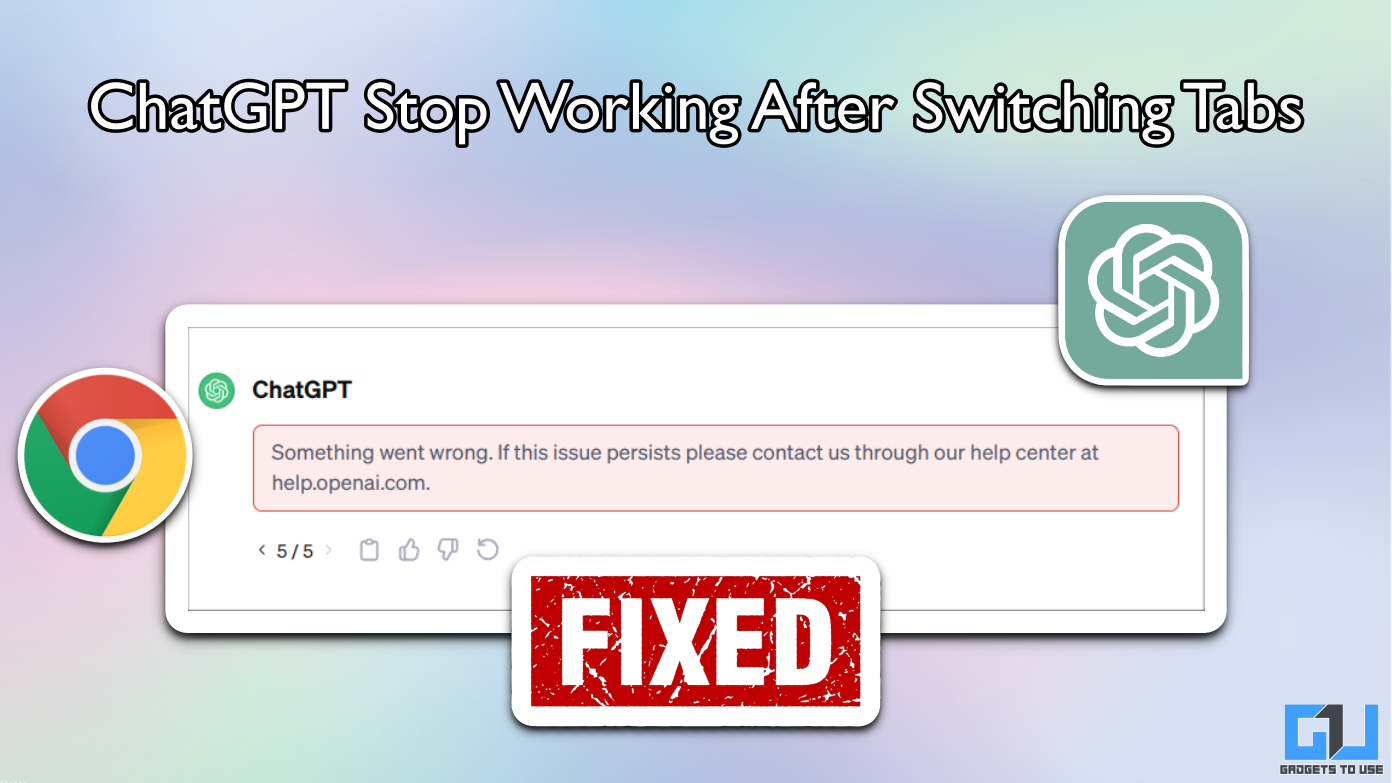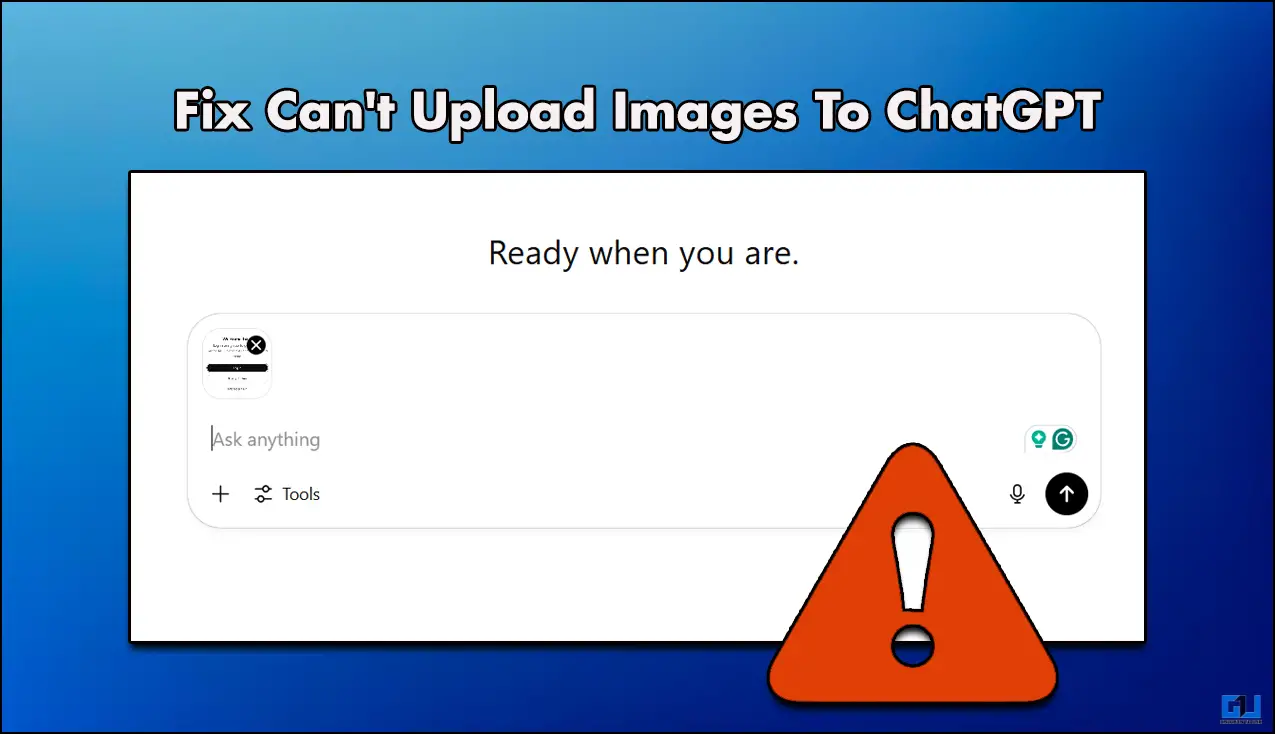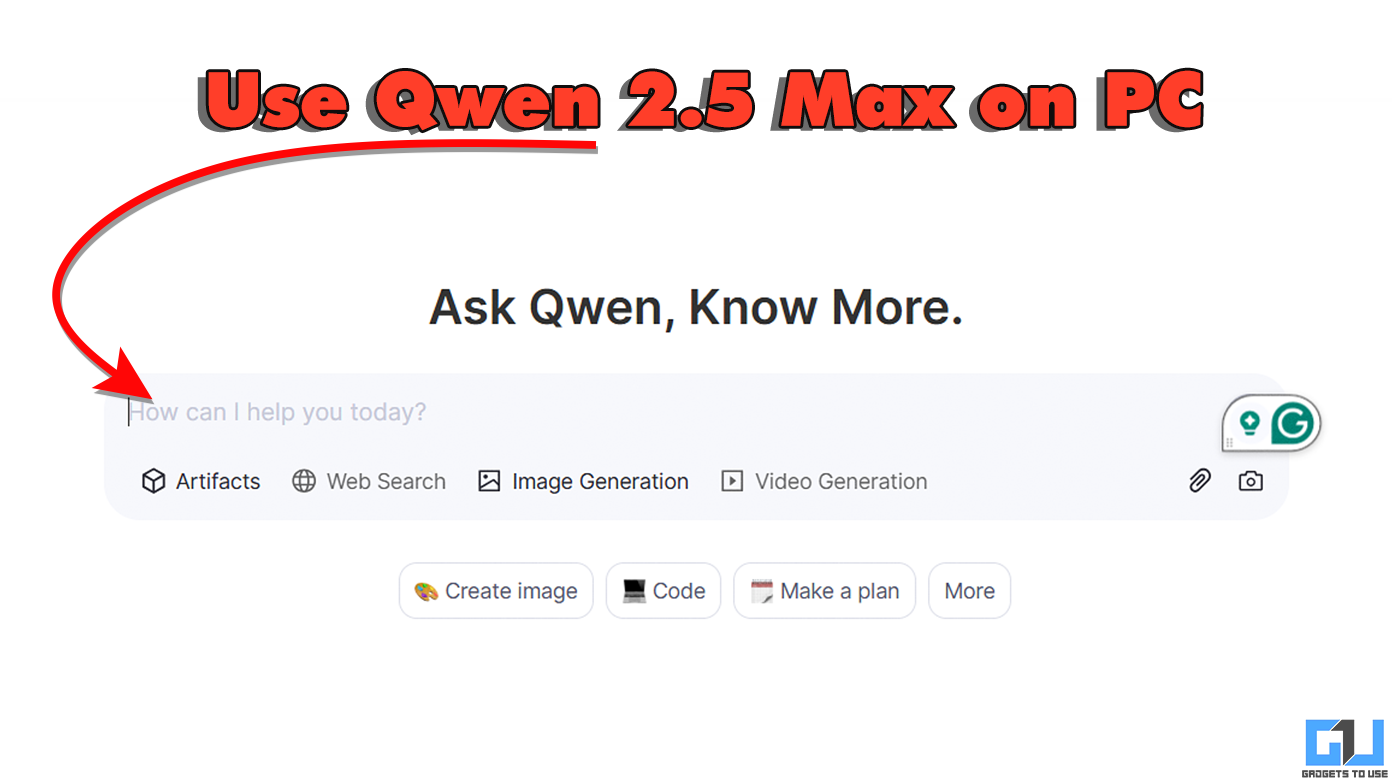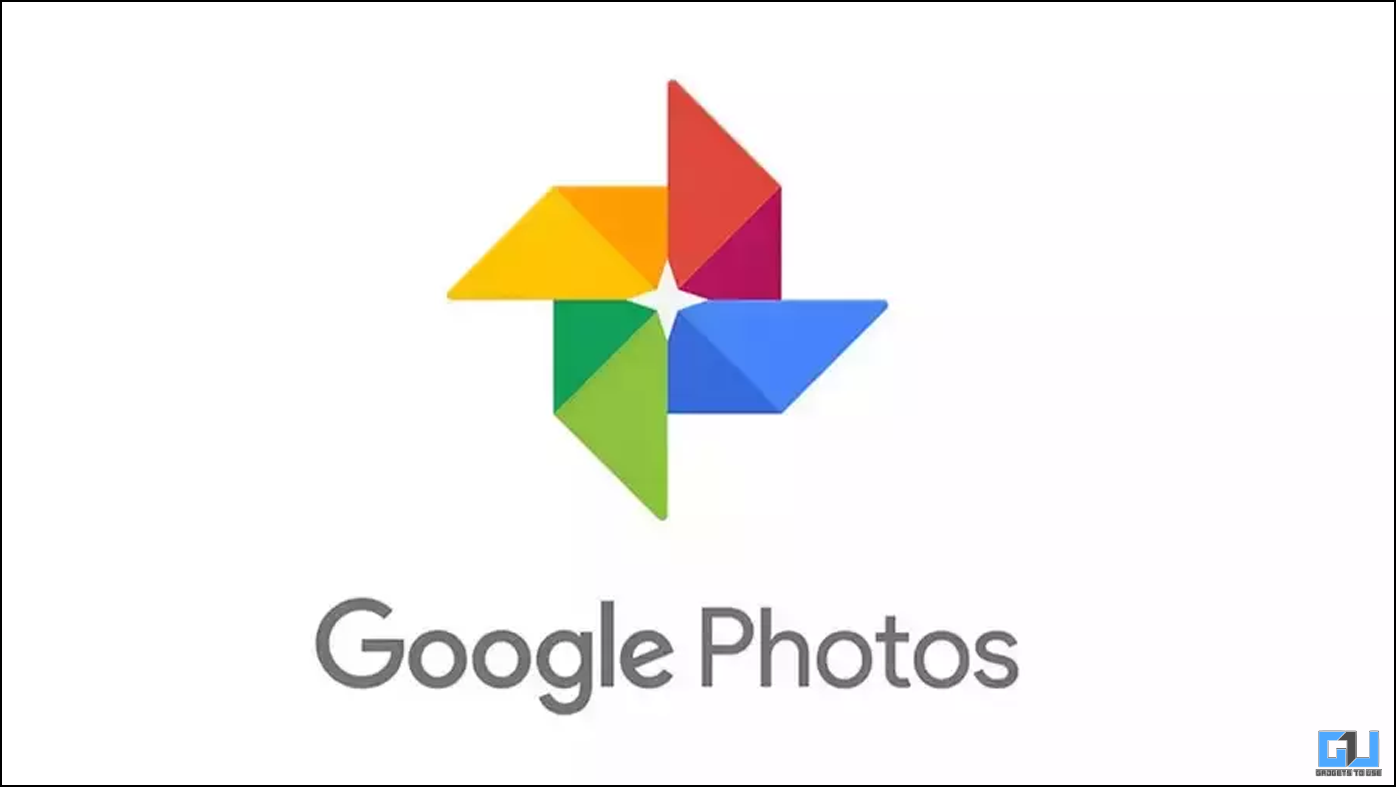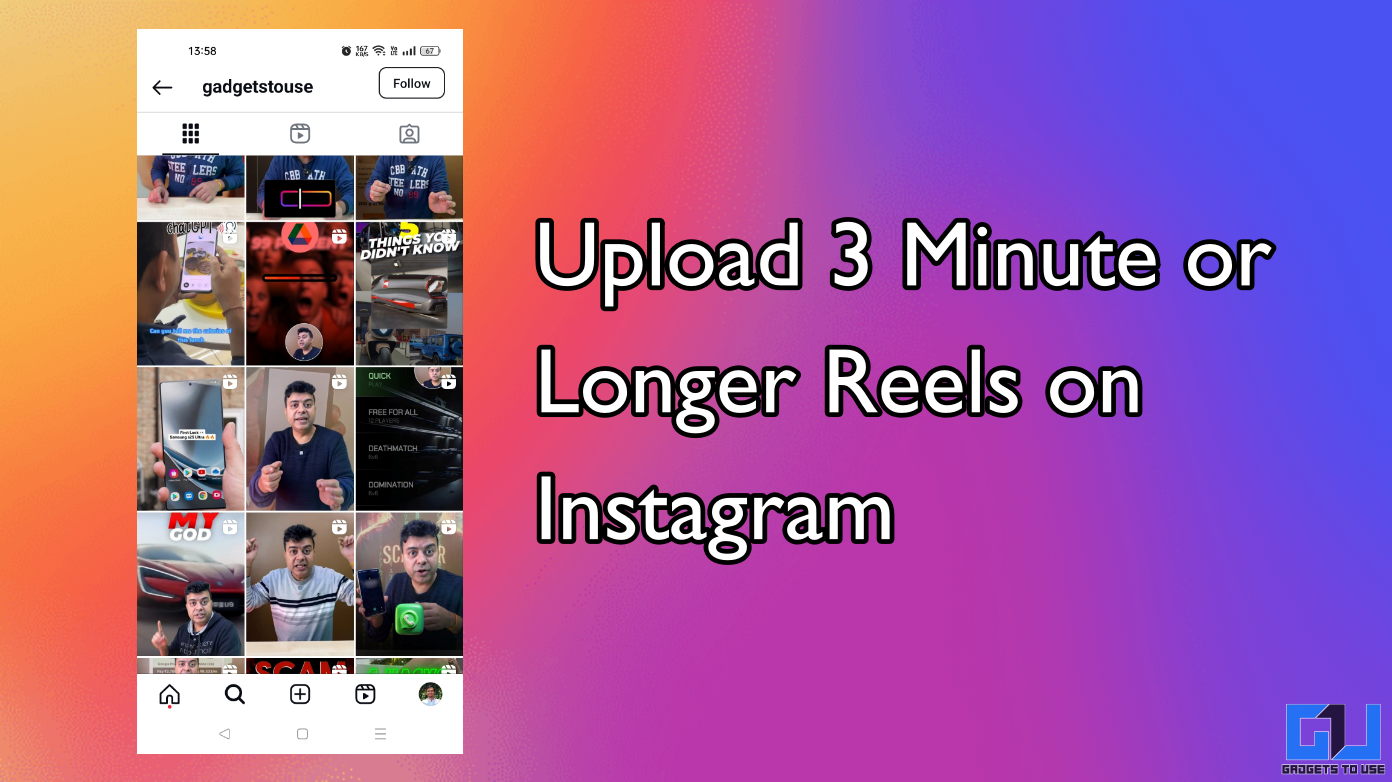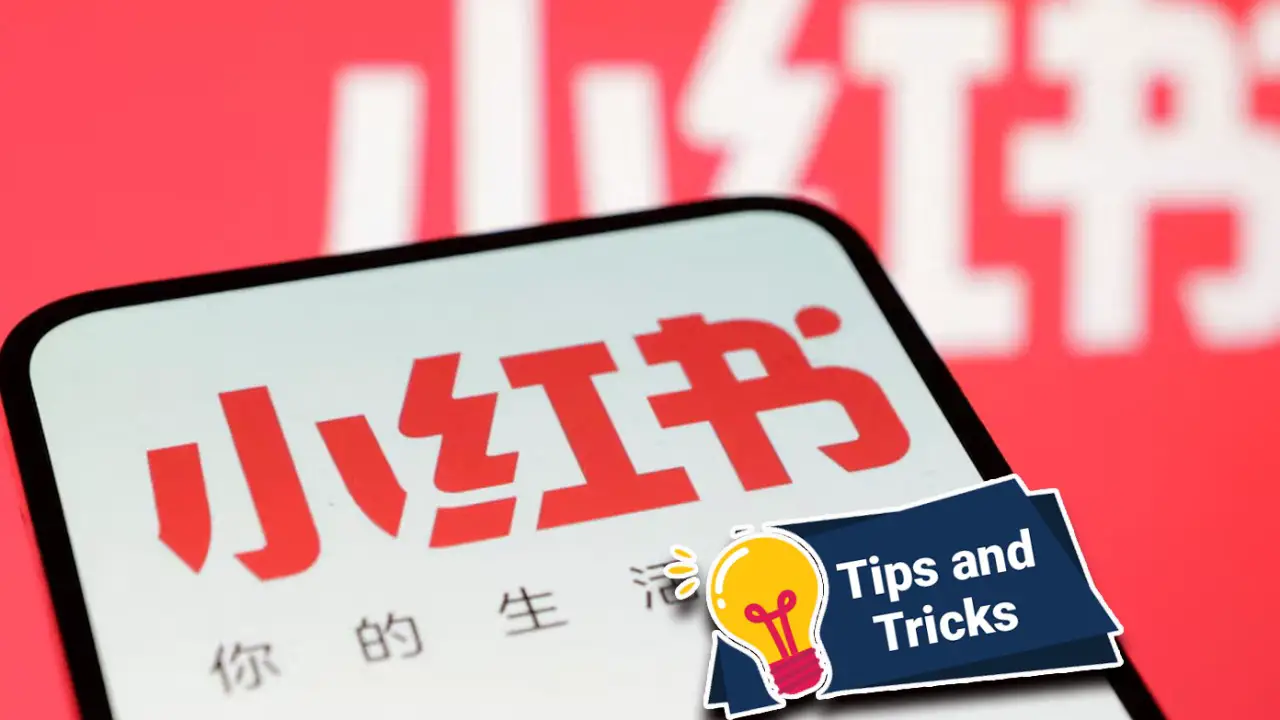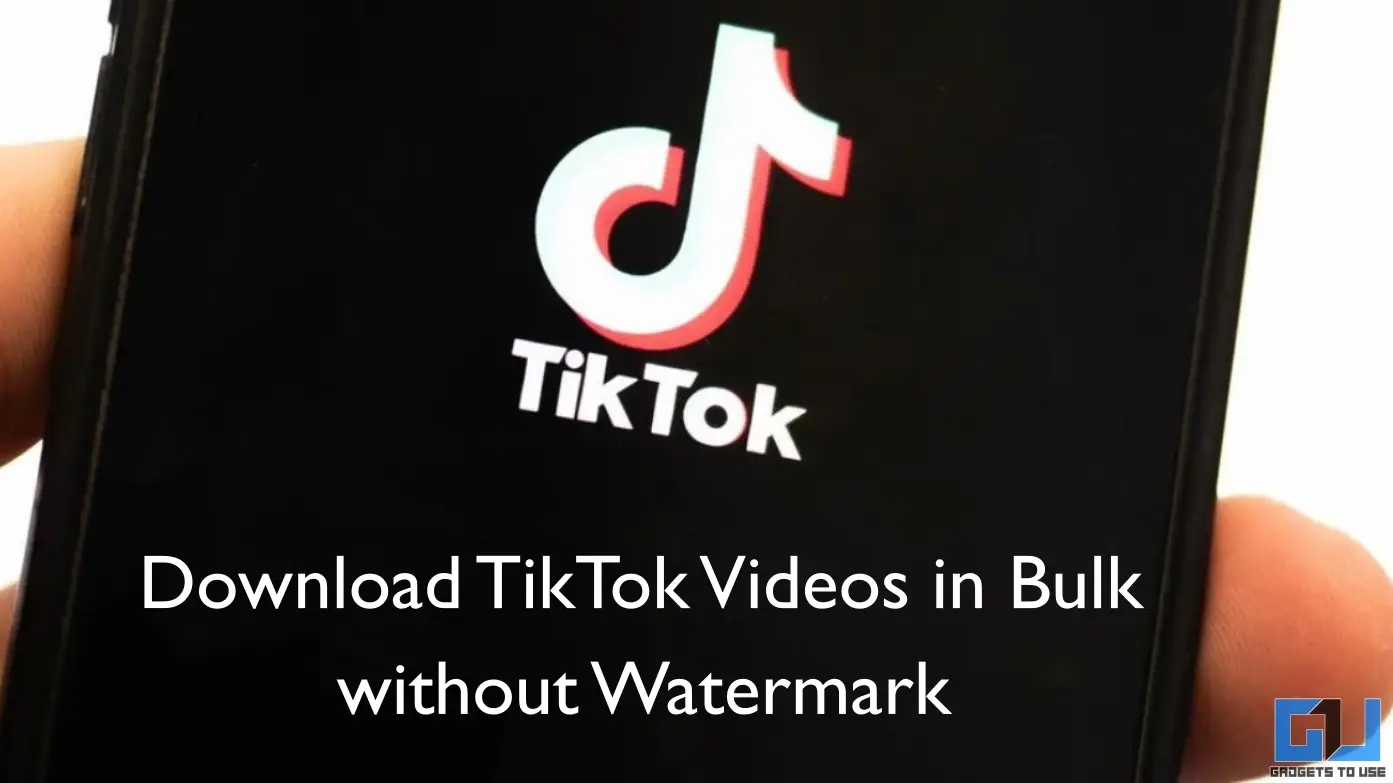Quick Answer
- In the above article, I hope you were able to understand the reason for your device charging slowly and how you can fix it to speed up the charging of your device.
- Now, you can vary the current that you supply to your device but remember if you supply more than the rated current of your device, it can risk the life of the battery in your device.
- As I discussed earlier, the rate of charging will depend on the voltage and the current supplied by the charger to the battery or the device.
Charging your devices is something that you will do pretty much every day, or sometimes even more than once a day. Now the charging speed of your device depends on various factors, and these factors determine how much time will it take to charge your device. Apart from these factors, if you constantly use your phone while it’s charging, it will also cause your phone to slowly charge. Let me explain to you how your phone charges. But before we get ahead, read an earlier article which describes the reason as to why your phone could be heating while charging and how to fix this.
Recommended: 5 Ways to Avoid Heating Up Phone While Charging
How Does USB Charging Work?
USB Charging or any other charging for that matter works on the principle of power transfer from a source to the battery. The battery then stores this charge in the form of electrical signals and then releases them as and when required by the device being powered by that battery. Now, power delivered to the battery will determine the rate of charging of the battery. Power can be determined by multiplying the Volage supplied by the charger and the current it supplies (in Ampere). For example, a charger rated at 5V, 1A will provide 5Watts of power to the device being charged using it.
Why is USB Charging Slow?
When we talk about USB Charging, we are typically referring to the charging using the USB port on your laptop or desktop. As I discussed earlier, the rate of charging will depend on the voltage and the current supplied by the charger to the battery or the device. Now typically, a USB 2.0 port on a computer will give away 5V and 500mA, i.e. 0.5A of current which will mean 2.5Watts of power. A typical USB 3.0 port will give away 900mA of current and the same output voltage. Thus, a USB 3.0 port will give 4.5Watts of power.
However, if you check your smartphone charger that came with the phone, you’ll notice that it provides 5V voltage and a minimum current of 1A. Newer devices provide 2A of current from their chargers. Thus, you can clearly see why you would charge your device slowly using the computer USB port. Now, let’s move to how you can speed up this charging.
How to Speed up Charging of Device?
If you’ve read the text up there, you’ll probably think that in order to speed up charging, you can either increase the voltage or the current supplied to your device. You’re partially correct if you thought that. When charging your device, the voltage at which it charges must be kept the one specified by the manufacturer, which is generally 5V for most of the portable devices on this planet. Now, you can vary the current that you supply to your device but remember if you supply more than the rated current of your device, it can risk the life of the battery in your device. Here are a few options you can consider speeding up charging of your device.
- Instead of charging from a computer’s USB port, use a wall adapter, preferably the one supplied by your device’s manufacturer.
- If charging from the computer is a must, then make sure you use a USB 3.0 port as it will provide higher current
- If you device supports QUALCOMM Quick Charge, charge your device using a Quick Charger to charge your device at blazing fast speed.
- If none of the above-mentioned points help you, grab a higher ampere charger from the market that you can use with your phone. It will definitely charge your phone faster compared to the one that you already have, but it is highly possible that it will also damage the battery of the device.
Recommended: What is Rapid Charging and Why Your Smartphone Should Support It
Conclusion
In the above article, I hope you were able to understand the reason for your device charging slowly and how you can fix it to speed up the charging of your device. There are other things that you can do as well. If you know such things, do let me know in the comments section below and I’ll be happy to learn more from you and your experience.
